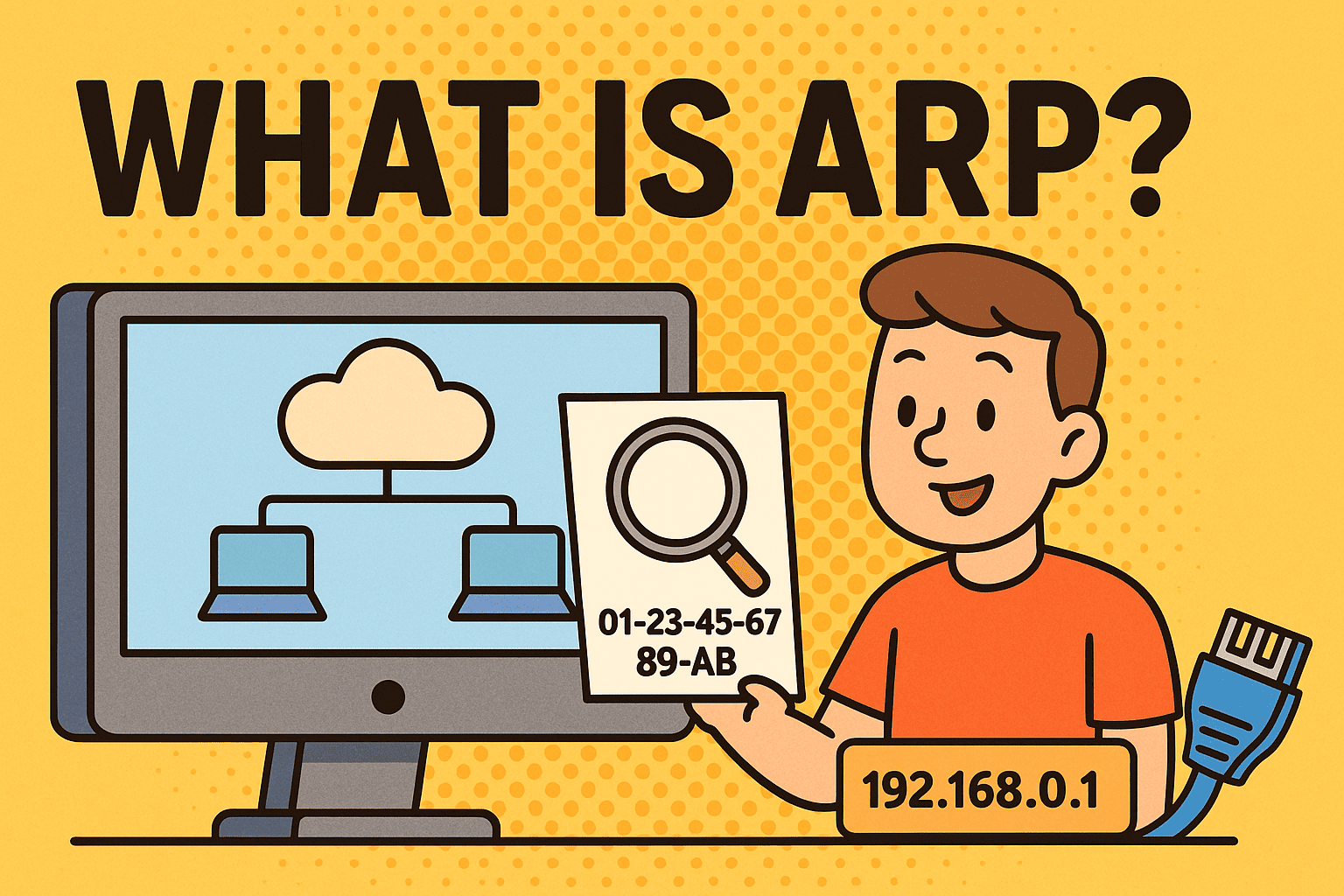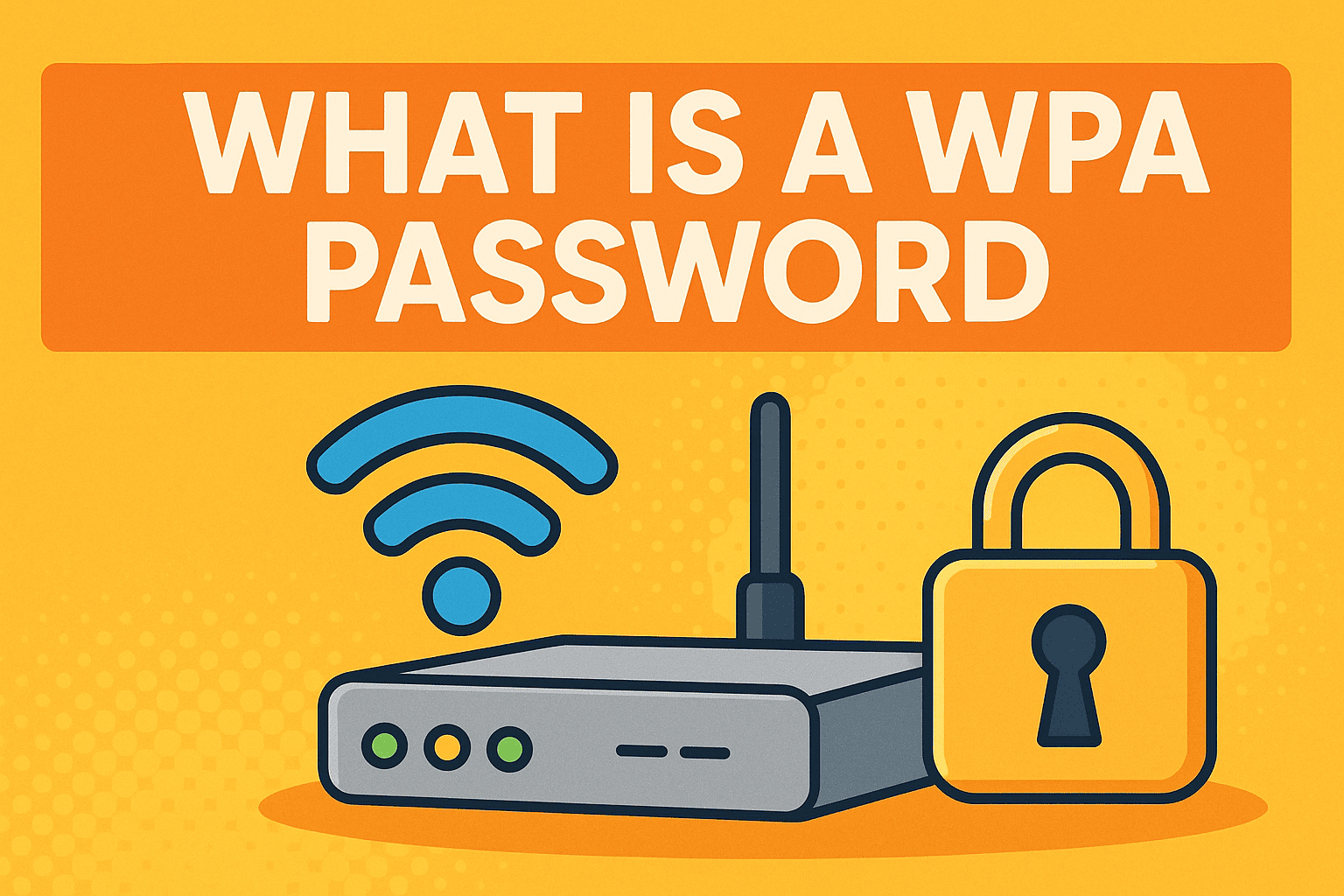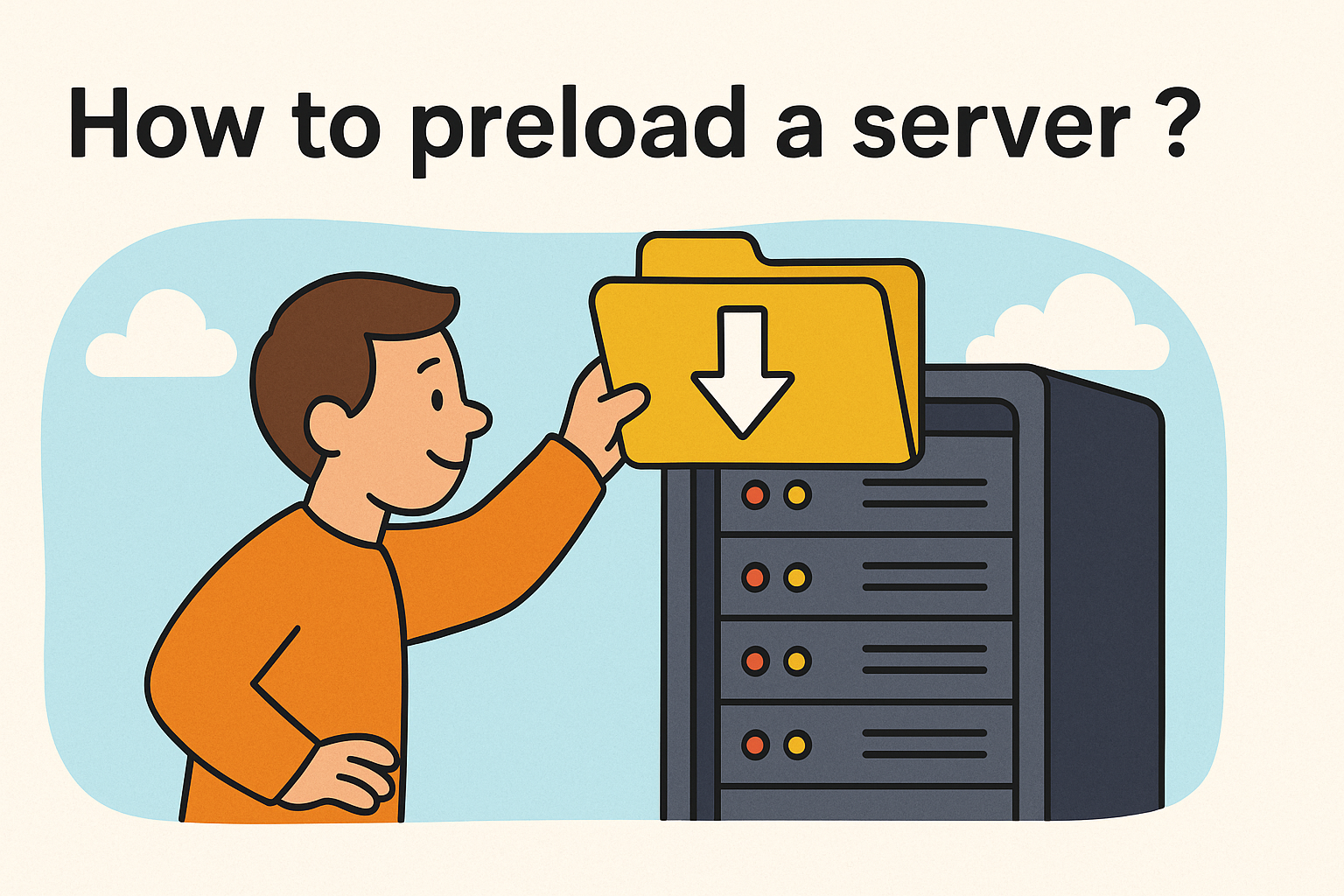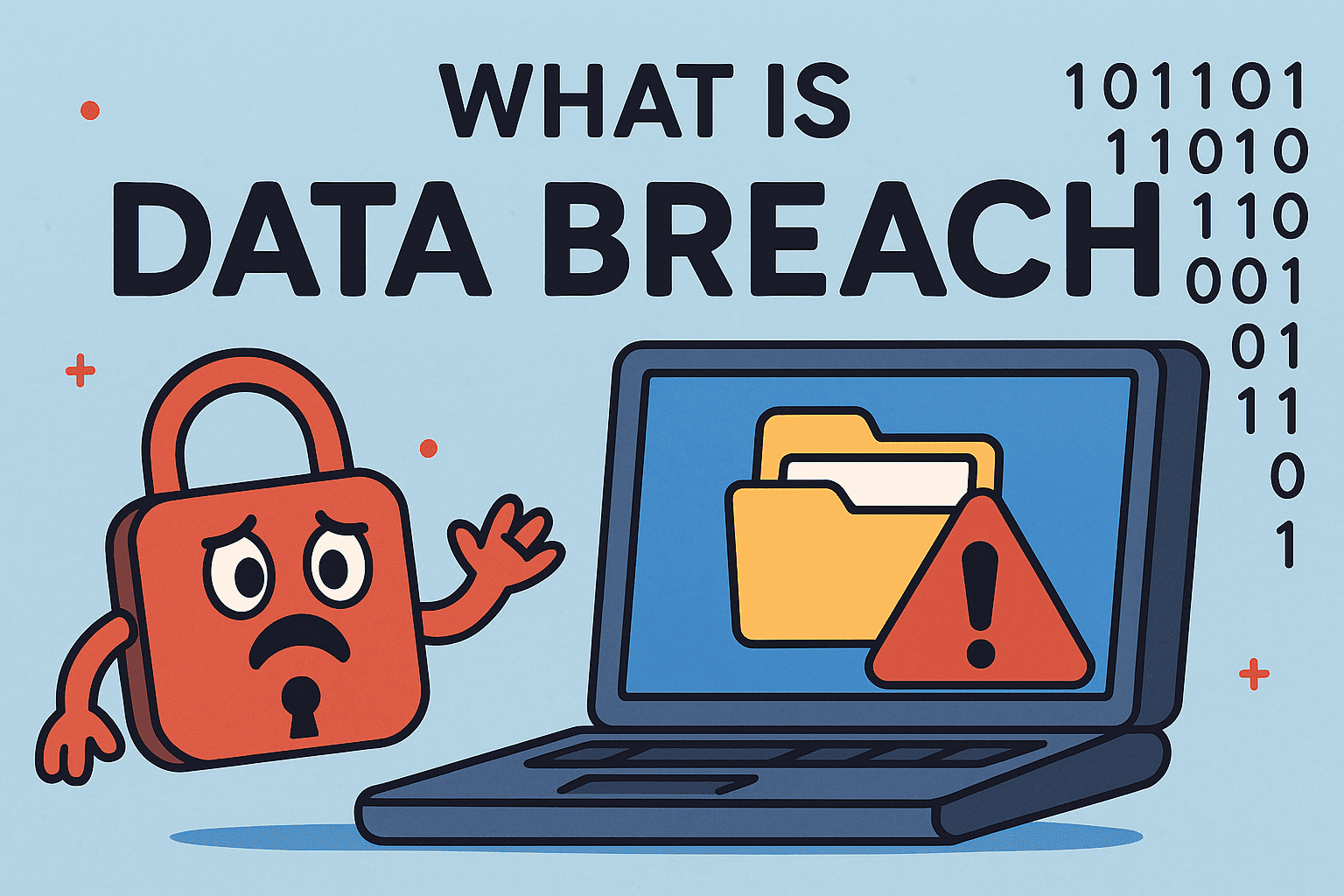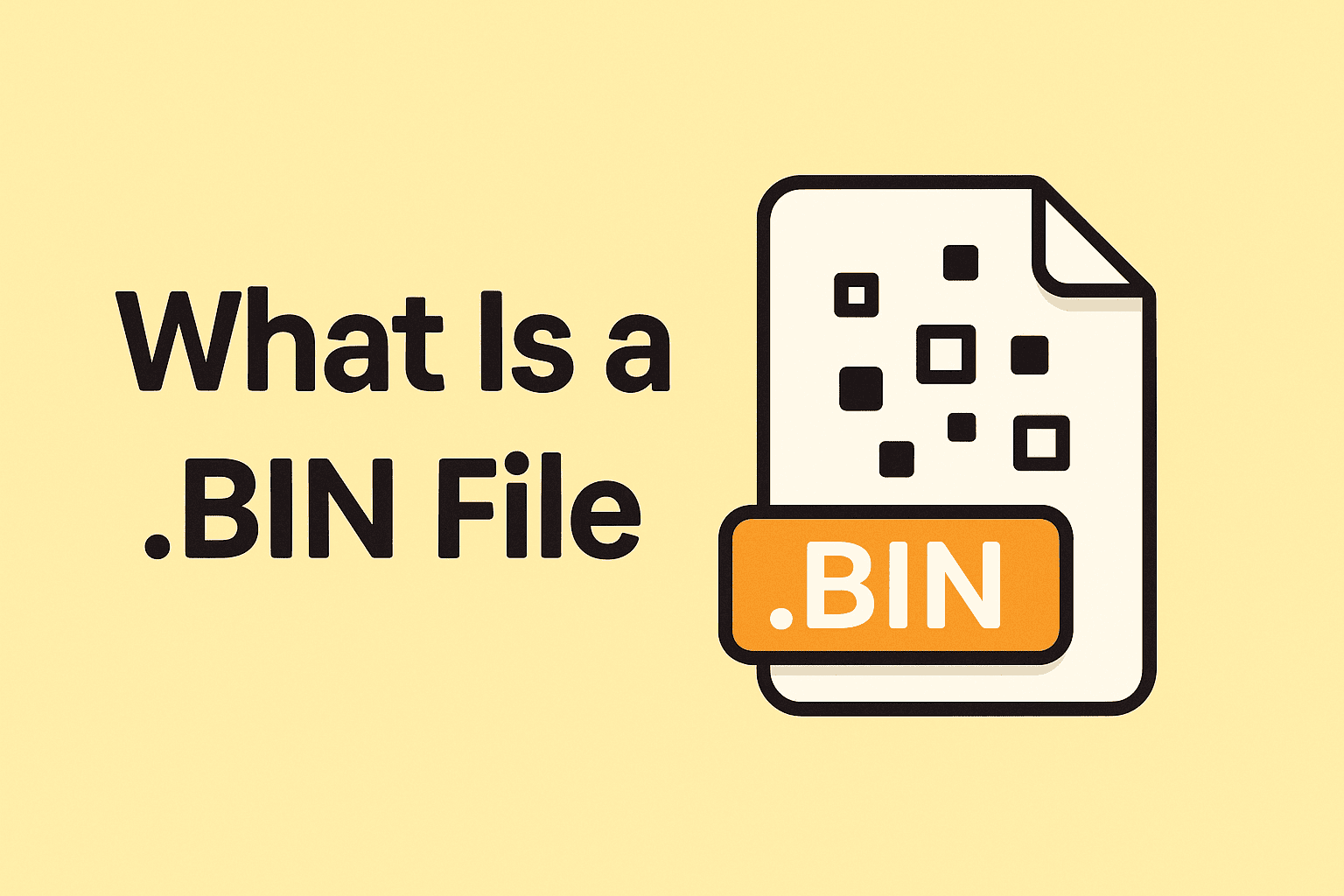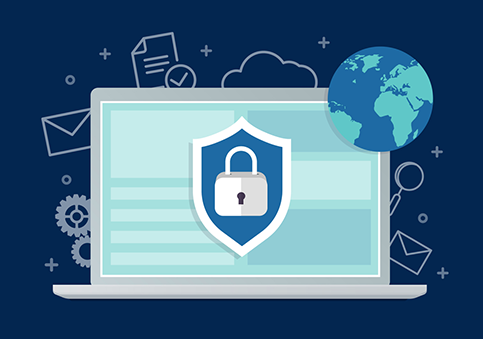What Is ZIP File Extension? A Complete Guide for IT Managers and Businesses
Updated on September 30, 2025, by Xcitium
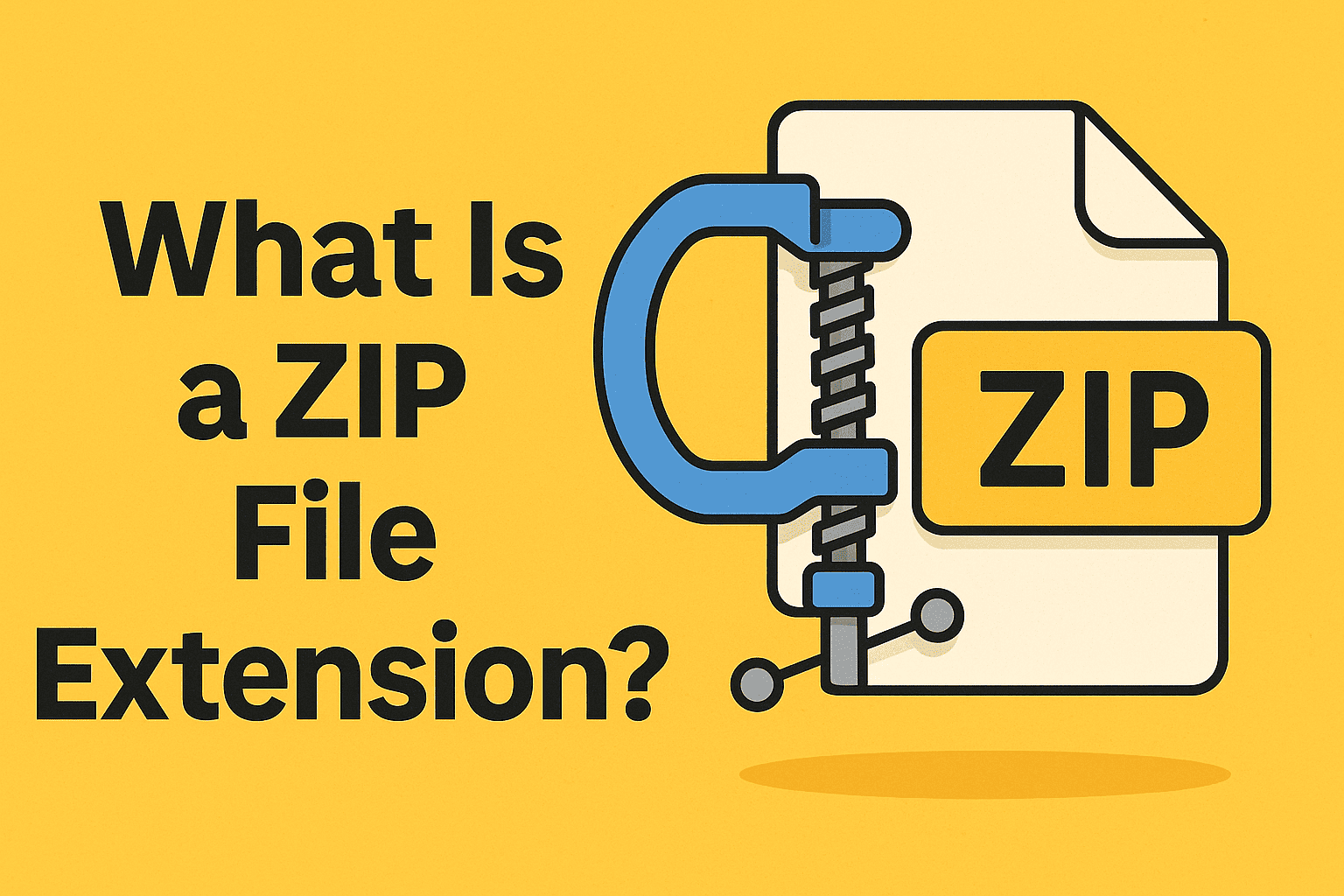
Have you ever received a folder full of documents in a single compressed file ending with .zip? Chances are, yes. But what is zip file extension, and why does it matter for businesses, IT managers, and cybersecurity professionals?
Introduction: Why You Need to Understand ZIP Files
A ZIP file extension is one of the most widely used formats for file compression and archiving. It reduces file sizes, groups multiple files together, and makes sharing or storing data more efficient. However, while convenient, ZIP files are also a common target for cybercriminals, who often use them to deliver malware.
Understanding how ZIP files work—and how to handle them securely—is crucial for both everyday users and enterprises managing sensitive information.
1. What Is a ZIP File Extension?
The ZIP file extension (.zip) represents a compressed archive format that bundles multiple files into a single package. Created in 1989 by Phil Katz, ZIP has become a universal standard for reducing file sizes and simplifying transfers.
Key Features of ZIP Files:
-
Stores one or more files inside a compressed archive.
-
Reduces storage space by compressing content.
-
Allows password protection and encryption.
-
Supports fast extraction on nearly all operating systems.
👉 In short: The ZIP file extension makes storing, sending, and sharing data more efficient.
2. How Does a ZIP File Work?
To understand what is zip file extension, it helps to see the process:
-
Compression: Files are reduced in size using algorithms like DEFLATE.
-
Archiving: Multiple files are stored in a single .zip container.
-
Encryption (Optional): Users can add a password for extra protection.
-
Extraction: Software decompresses the archive back to its original files.
This process allows large files or entire folders to be transferred quickly and securely.
3. Benefits of Using ZIP Files
ZIP files are popular because they solve multiple challenges in file management.
Advantages:
-
Space Saving: Reduces storage usage.
-
Faster Transfers: Smaller files upload/download more quickly.
-
Convenience: Multiple files grouped into one.
-
Cross-Platform Support: Compatible with Windows, macOS, Linux, and mobile.
-
Optional Security: Passwords and AES encryption for sensitive data.
For businesses, ZIP files simplify file distribution and data storage management.
4. Common Uses of ZIP File Extensions
ZIP files appear in many business and personal use cases:
-
Email Attachments: Sending large or multiple files efficiently.
-
Software Distribution: Packaging programs and updates.
-
Data Archiving: Storing backups in reduced size.
-
Log Files: IT teams compress logs for troubleshooting.
-
Collaboration: Sharing entire project folders in one compressed package.
👉 IT managers often rely on ZIP files to streamline file-sharing workflows across teams.
5. Security Risks of ZIP Files
While convenient, ZIP files can also pose risks. Cybercriminals frequently exploit them to spread malware.
Main Risks Include:
-
Malicious Attachments: Hackers hide malware inside ZIPs.
-
Phishing Emails: Attackers trick users into extracting harmful files.
-
Password-Protected ZIPs: Make it harder for security tools to scan contents.
-
ZIP Bombs: Specially crafted ZIPs designed to crash systems by expanding uncontrollably.
For IT and cybersecurity leaders, monitoring ZIP usage is critical to prevent breaches.
6. How to Handle ZIP Files Securely
If you understand what is zip file extension, you also need to know how to use it safely.
Best Practices:
-
✅ Scan Before Opening: Always scan ZIP files with antivirus software.
-
✅ Beware of Email Sources: Don’t open ZIP attachments from unknown senders.
-
✅ Use Strong Passwords: If encrypting ZIP files, ensure strong protection.
-
✅ Educate Employees: Train staff to identify phishing attempts.
-
✅ Deploy Endpoint Protection: Ensure devices block malicious ZIP extractions.
Security awareness + technical controls ensure safe use of ZIP files.
7. ZIP vs Other File Compression Formats
There are other compression formats besides ZIP.
| Format | Extension | Strengths | Weaknesses |
|---|---|---|---|
| ZIP | .zip | Universal support, easy to use | Limited compression ratio |
| RAR | .rar | Better compression rates | Requires third-party software |
| 7z | .7z | High compression, advanced encryption | Not natively supported on all OS |
| TAR.GZ | .tar.gz | Popular on Linux systems | Less user-friendly for non-tech users |
👉 Despite competition, ZIP remains the most widely supported format worldwide.
8. ZIP File Extensions in Cybersecurity
ZIP files frequently appear in cybersecurity incident reports. Attackers use them to bypass detection systems, especially in phishing campaigns.
-
Email Security Tools: Must scan compressed attachments.
-
Endpoint Detection and Response (EDR): Helps identify suspicious ZIP activity.
-
Cloud Security: Filters should block harmful archives before reaching users.
-
User Training: Prevents accidental execution of malware.
For CISOs and IT managers, controlling ZIP file usage is part of a layered defense strategy.
9. Tools to Open and Create ZIP Files
ZIP files are easy to manage thanks to built-in support on most devices.
Common Tools:
-
Windows Explorer & macOS Finder – Native support.
-
WinRAR – Popular third-party utility.
-
7-Zip – Open-source and highly efficient.
-
Linux Command Line (zip/unzip) – Built-in for Linux users.
Most platforms allow you to double-click and extract ZIP files without extra software.
10. Future of ZIP File Usage
Even after three decades, ZIP files remain relevant—but with evolving security needs.
-
Cloud File Sharing Growth: Services like Google Drive reduce ZIP dependency, but many businesses still prefer it for control.
-
Enhanced Encryption: Stronger ZIP encryption will improve security.
-
Integration with Security Tools: Advanced scanning for compressed files.
-
Hybrid Work Environments: Remote teams continue relying on ZIP for collaboration.
👉 The ZIP file extension will remain a trusted format for data management, provided users adopt secure handling practices.
Quick ZIP File Checklist
✅ Understand what a ZIP file extension is
✅ Use it for storage, sharing, and archiving
✅ Beware of suspicious ZIP attachments
✅ Always scan with antivirus before opening
✅ Train employees on safe ZIP usage
FAQs on ZIP File Extensions
1. What is a ZIP file extension in simple terms?
It’s a compressed archive format (.zip) that reduces file sizes and groups multiple files into one.
2. How do I open a ZIP file?
Simply double-click it on Windows or macOS, or use tools like WinRAR or 7-Zip.
3. Is a ZIP file safe?
Yes, if from a trusted source. However, malicious actors often use ZIP files to spread malware.
4. Can I password-protect a ZIP file?
Yes. Many tools allow you to encrypt and secure ZIP files with a password.
5. What’s the difference between ZIP and RAR files?
ZIP is universally supported but offers less compression; RAR provides higher compression but requires special software.
Final Thoughts
Asking “what is zip file extension?” opens the door to understanding one of the most widely used formats in the digital world. ZIP files make data storage, transfer, and sharing far more efficient—but they also bring security risks if not handled properly.
For IT managers, CEOs, and cybersecurity leaders, adopting secure ZIP file practices is essential to protecting sensitive data and preventing breaches.
🚀 Ready to take your cybersecurity beyond ZIP protection?
Request a demo of Xcitium’s advanced security solutions today and safeguard your business against modern threats.




